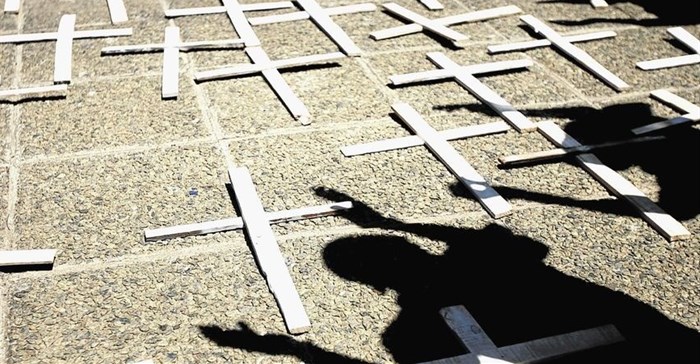UN castigates DoH for Esidimeni deaths
The widely-reported incident took place when the Gauteng department of health decided to transfer more than half of the 2,300 people from Life Healthcare Esidimeni hospital into the care of NGOs with inadequate capacity and resources to assist people requiring high-level, specialised and intensive non-stop care.
“South Africa must set up a policy framework to guide its deinstitutionalisation process, inclusive of a plan of action with timelines and benchmarks, the redistribution of public funds from institutions to community services, and the development of adequate housing and community support for persons with disabilities, such as housing assistance, home and family support, and respite care,” the UN experts urged.

The four UN specialists comprise: special rapporteur on the rights of persons with disabilities, Catalina Devandas-Aguilar; special rapporteur on extrajudicial, summary or arbitrary executions, Agnes Callamard; special rapporteur on the right of everyone to the enjoyment of the highest attainable standard of physical and mental health, Dainius Pūras; and special rapporteur on adequate housing as a component of the right to an adequate standard of living, and on the right to non-discrimination in this context, Leilani Farha.
“While deinstitutionalisation is the right approach, when implemented without a plan based in human rights that increases community-based services, and provides adequate housing and financial resources, it can have fatal consequences, as this situation illustrates.”
“Transferring persons with disabilities to unsuitable locations without their consent and adequate support may result in further grave abuses to their right to physical and mental integrity, health and well-being, an adequate standard of living including adequate housing, and places them at risk of extreme poverty, homelessness and loss of dignity,” they cautioned.
Furthermore, the independent experts reminded the state’s duty to protect and guarantee the right to life of persons with disabilities by deterring and preventing abuses by non-state actors.
The Gauteng department of health has started an investigation, but the findings are not yet available. The South African Human Rights Commission and the new health ombudsman have also been seized of the matter.
“We are extremely concerned about this situation and the seeming lack of conclusive investigations until now,” the experts said. “We urge the authorities to provide the results of any judicial and other independent investigation as soon as possible, and to explain what measures they have taken to prevent further casualties and protect the rights of those affected by this situation.”
The UN experts recalled that persons with disabilities should not be obliged to live in particular living arrangements. “South Africa is a party to the Convention on the Rights of Persons with Disabilities since 2015, and must respect the obligation to provide access to persons with disabilities to a range of community support services, and to prevent isolation and segregation from the community,” they concluded.






















